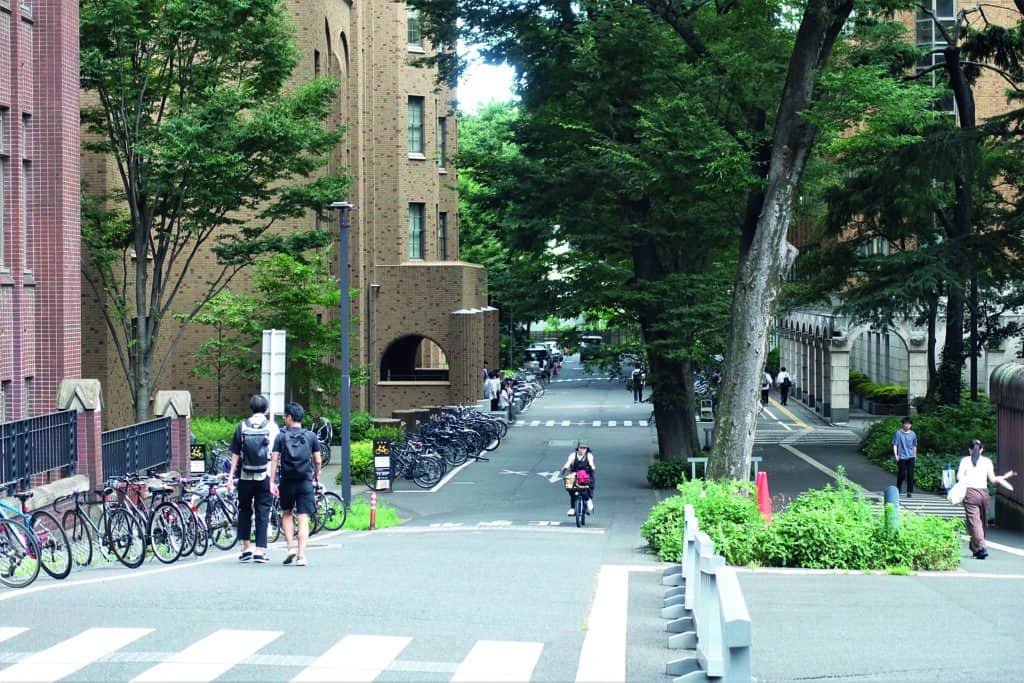The idea of introducing free university education in Japan has been debated many times in recent years. The thinking is that making education accessible to all would not only increase equality in the country, but also provide a boost to the country’s economic growth, as Universitetsläraren wrote on in 2017.
This spring, Osaka Prefecture also decided to gradually start making all higher education free over the next few years, with the intention of making it entirely free by 2026. In addition, Japan’s ruling Liberal Democratic Party, LDP, has proposed that Japanese households with children have their student debt written off in an effort to encourage both increased childbirth and participation in higher education.
“Our position is that the whole of Japan should have the same level of access to higher education. It should be the same for everyone.”
The political opposition is not convinced, however. Although the second largest party, the Constitutional Democratic Party (CDP), also wants to make higher education free of charge, it is critical of the latest developments.
Universitetsläraren metHiroyuki Moriyama of the CDP at the House of Representatives, the lower house of the National Diet of Japan, where he is a member.
“Our position is that the whole of Japan should have the same level of access to higher education. It should be the same for everyone. But if Osaka Prefecture introduces free higher education, it will not be the same. It will benefit those who live in Osaka and those who choose to move there to study, and that will increase inequality in the country.”
Moriyama is also sharply critical of the LDP’s proposal to abolish student loans for people with children. “Whether or not to have children is up to the individual. That choice should not be connected to other decisions, such as studying at university. We see linking childbirth to student debt as a stretch too far, a mistake.”
The CDP agrees that the low birth rate is a serious problem in Japan. But instead of cancelling student debt, the party would rather see increased child benefits and general tax relief for families with children.
For Hiroyuki Moriyama, the way forward is clear when it comes to education in Japan. “It goes without saying that higher education in Japan should be accessible to everyone,” he says. Regardless of people’s circumstances, regardless of whether they choose to marry or have children, regardless of their income. We will continue to fight for this.”
Higher education in Osaka
The prefecture’s recent decision means that the income limit will gradually be removed over a three-year period. From 2024, students in their fourth year of study will not have to pay tuition fees, and by 2026 higher education will be free for all.
Osaka is Japan's third largest city and Osaka Prefecture, with a population of around 9 million people, is one of the country's 47 prefectures.















